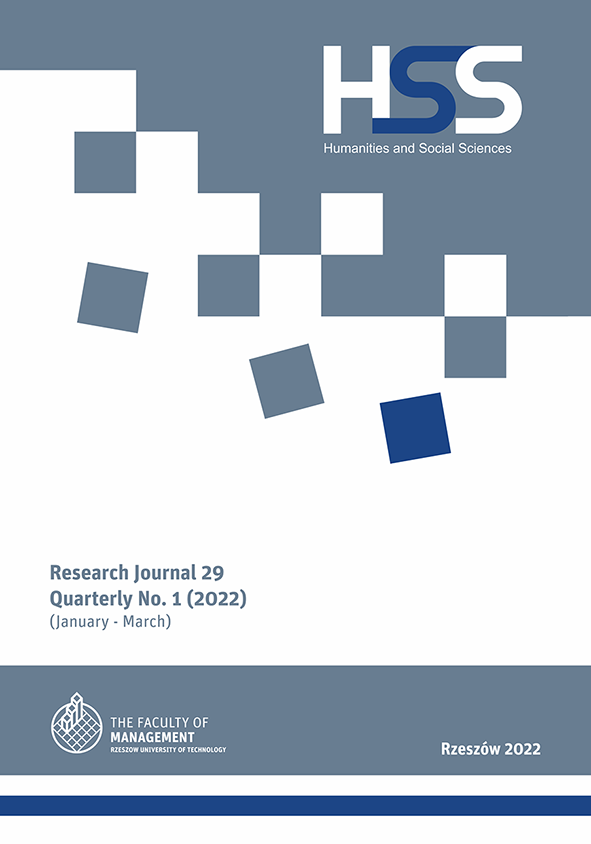Abstrakt
In the modern world, the internet is an integral part of the formation of culture and the educational potential of society. The relevance of studying its impact on individuals and the social strata of society is due to its structural and functional possibilities. As it actively embeds, it is becoming an institution of socialization for new generations, including in educational systems. However, from the perspective of science, it is important to understand the impact of the internet on the formation of basic values, cultural characteristics, and attitudes in young people, particularly in the field of financial behavior, which correlates with the economic activity of individuals. The purpose of the study is to substantiate the role and influence of the modern media space (internet and social media) on the formation of models of financial behavior for young people. The research methods used were a content analysis of social media, in particular the social network Instagram, including an analysis of the content of bloggers who position themselves as experts in the field of financial management, as well as a mass survey of young people and in-depth structured interviews with experts in the fields of financial markets and financial behavior. As the leading financial center of Russia, the residents of Moscow were studied. The results obtained allow us to analyze the presence of a serious influence on the formation of financial culture and financial behavior of young people in the modern media space, including content, popular social media channels, social networks, as well as forming various models of financial behavior. Ultimately, this affects the practical choices and day-to-day activities of the country’s young population. The influence of the modern media space on the development of youth policy and of bloggers in the field of education, advice, and other activities related to improving financial literacy and culture should be taken into account.
Bibliografia
Alikperova, N. V., Yarasheva, A. V., Vinogradova, K. V. (2019). Motivating young people's labor behavior as an opportunity for implementing financial strategies. "Economic and Social Changes: Facts, Trends, Forecast", 12(1). DOI: 10.15838/esc.201
Furnham, A., Оkamura, R. (1999). Your money or your life: behavioral and emotional predictors of money pathology. "Human relations", 52(9).
Gureeva, A. N. (2016). Theoretical understanding of mediatization in the digital environment. Moscow: Publ. MGU(6).
Hughes, B., On the role of social media in shaping public opinion. PAccess on the internet: https://rns.online/opinions/ O-roli-sotsialn
Kapralova, S. V. (2013). The progress of information and computer technology and the development of the internet as factors in shaping public opinion. "Historical and SocioEducational Thought", 4(20).
Kimura, T. (2017). Internet, media and public opinion in Japan (Part 1). Access on the internet: http://www.nippon.com/ru/currents/d00333/
Maksimenko, A. A. (2005). How Russian youth intend to "make" money. "Sociological Studies", 7.
Medvedeva, E. I., Kroshilin, S. V. (2014). Development of Internet Technology and Googlization of Mind of Young People. "National Interest: Priorities and Security, pub. Finance and Credit", 3(240).
Popova, Y. A. (2015). Information technologies in the system of public opinion formation. Access on the internet: http://psychology.snauka.ru/2015/07/5560
Shvedova, D. I., Influence of social networks on the formation of public opinion. Access on the internet: http://sntbul.bmstu.ru/doc/823670.html
Ushkin, S. (2015). Impact of virtual social networks on protest activity in Russian society. Dissertation abstract... Candidate of Sociological Sciences: 22.00.04.
Ushkin, S. G. (2015). The Impact of Virtual Social Networks on Protest Activity in Russian Society. Dissertation thesis ...Candidate of Social Sciences: 22.00.04.
Yachmeneva, M. V. (2019). The influence of social media on the formation of family and civic values of young people in modern Russia: the experience of sociological research. "Management of Sustainable Development", 3(22).


